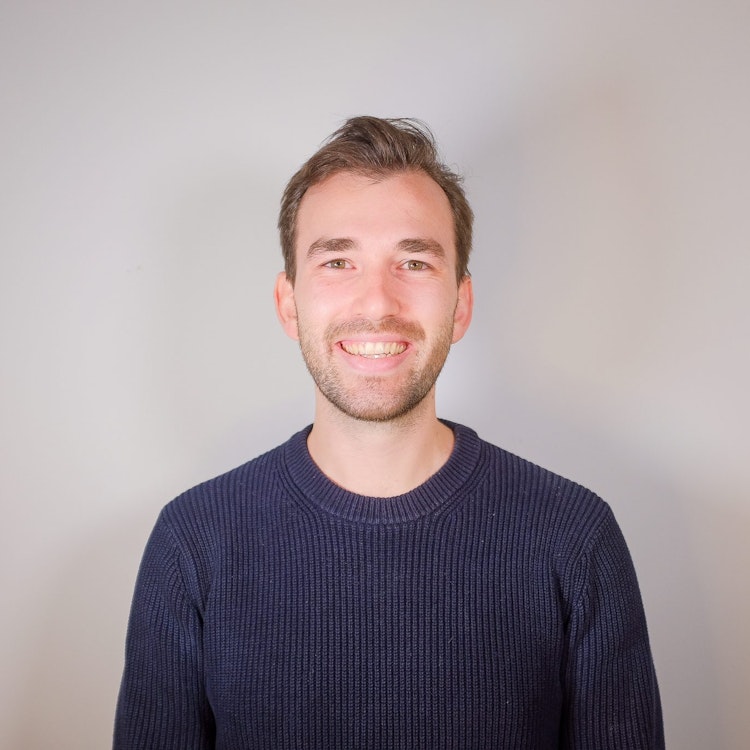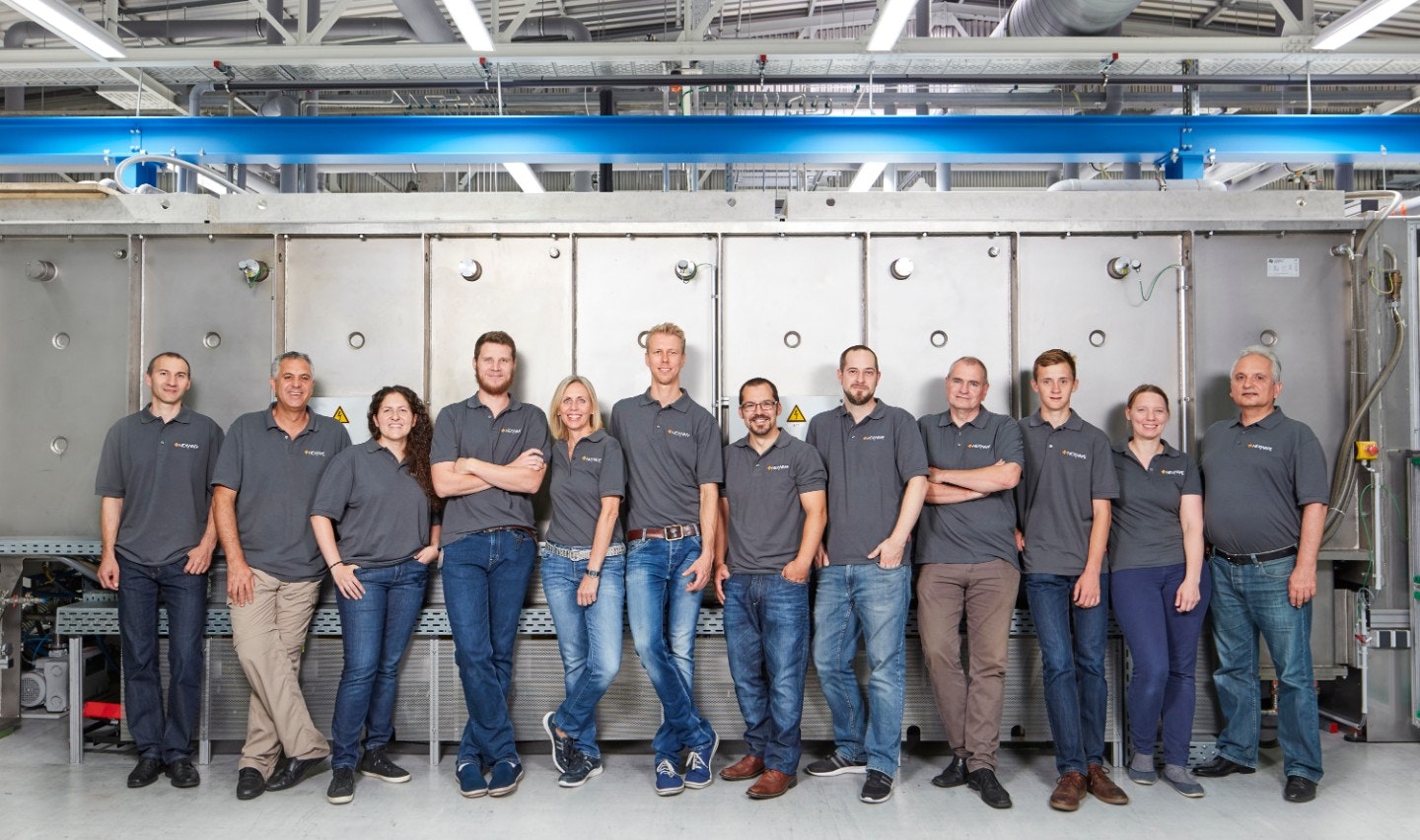I decided I wanted to be a doctor when I was 16 and my father recommended that I choose a career that would make a difference. At the time it was a perfect fit: I loved puzzles, obscure facts and learning from others.
But after 15 years, the system had stripped me of both my curiosity and love for the industry.
I hadn’t read a book for years that wasn’t needed for an exam. I could barely muster the energy to spend time with my family. I spent no time working on career development.
I had spent years studying and years more as a doctor on the National Health Service’s frontline. I had worked through the Covid-19 pandemic. But I gave it all up to be a founder.
Here’s what I learned.
Reality #1 - Suddenly, I knew nothing
At the beginning, I really didn’t know what entrepreneurship even really meant.
The learning curve was massive, and the need to unlearn things was even more significant. I had years worth of clinical knowledge and an acute awareness of what healthcare professionals need, but I was unfamiliar with the world of business.
I was used to being an expert, someone who others turned to for answers. Suddenly, I was the one asking basic questions.
The early days were a whirlwind of new terms, novel business concepts and unexpected challenges. I remember sitting in meetings, nodding along, while internally scrambling to keep up with the conversation.
I needed to learn everything. To set us on the right path, we were fortunate enough to be selected as part of the 2023 Techstars London Accelerator. Successful entrepreneurs with the scars to prove it help you navigate the world of starting a tech company, alongside a cohort of amazing people from all walks of life.
But this feeling of being out of depth was not just daunting but humbling.
In medicine, I was used to being an expert, someone who others turned to for answers. Suddenly, I was the one asking basic questions, trying to grasp the fundamentals of business management, marketing strategies and product development.
Each day brought a new challenge, and with it, a sense of vulnerability I hadn’t felt since my early days in medical school.
Reality #2: Failure IS an option
The fear of failure has been the biggest hurdle to overcome. You work relentlessly to avoid failing as a doctor. Lives depend on it.
Startups are very different in that you learn to experiment and learn through failure.
Mistakes as a doctor haunt you. I can still see Nurse Maria coming over to check if I really wanted to give three times the dose of a blood thinner I had prescribed during a hectic A&E shift. I was horrified and, as a result, put in place steps to prevent me from making the error again. Five years later, I can still remember every detail.
In the early days of being a founder, I was extremely cautious. I did everything possible to avoid mistakes. The thought of presenting something less than perfect was daunting.
I remember how my cofounder had to practically push me to call a potential user, despite my concerns about disturbing his work running a busy emergency department. To my surprise, a week later, he became our first user.
I thought the startup world was full of cut-throat people, always trying to push you down. I was wrong.
This experience taught me a valuable lesson about startups: progress often comes through trial and error. Mistakes don't always have catastrophic consequences here. Instead, they are opportunities to learn and improve for the next attempt.
Reality #3: Medicine made me do it
I know first-hand that increasing numbers of healthcare professionals are entering the world of entrepreneurship, and when I stop to think about it, it’s obvious why.
Entrepreneurship is how you can fix problems in your world, and there are plenty of issues to fix within healthcare.
Whether it’s how you save and share patient notes, how best to triage people or how to find your next role; problems are literally around every corner in a hospital.
There are, however, some underlying traits of doctors that make them suited for the journey — a willingness to work hard, learn and solve problems. The skills I had spent years developing in the emergency department, such as hypothesising, testing and acting under pressure, easily translated from medicine to entrepreneurship.
Reality #4: Entrepreneurship is a team sport
In medicine, you always have a colleague, someone to speak to and have a shared experience to go over with. It’s often the reason why you should avoid going for a drink with a group of doctors and nurses — all they will do is talk about work.
I assumed being a founder was the complete opposite — a lonely journey. However, I couldn’t have been more wrong.
Having the right co-founders has been crucial for me. They are supportive and motivating, much like hospital colleagues, always ready to help overcome challenges.
What surprised me even more was the wider entrepreneurial community. Before I thought it was full of cut-throat people, always trying to push you down. I was wrong.
The willingness of others to help you build your business is incredible.
This support has made me realise that I do belong, and whilst the imposter syndrome still creeps in, I’ve gotten far more comfortable introducing myself as CEO rather than just shying away with: “Oh, I’m just a doctor”.
Reflecting on my journey so far, I’ve realised that the resilience, adaptability and teamwork that were my lifelines in the medical world have come to define my life as an entrepreneur.
My transformation from a doctor to a CEO has not been fuelled by a rejection of my past, but by integrating the lessons I had already learnt.
So, whilst I’ve put down my stethoscope and pivoted to entrepreneurship, I don’t see the journey as coming to an end. Instead, I’ve realised that my hard-won insights can make Medtribe have an impact on a scale my 16-year-old self never imagined.



